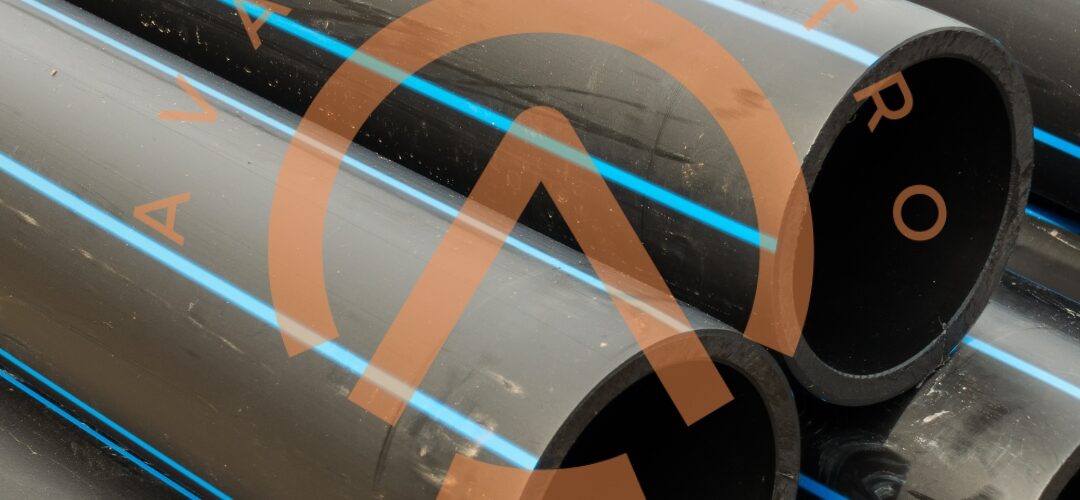PP Resins VS PE Resins for Pipe Production: A Comprehensive Comparison
In this article, we will dive into the detailed comparison of PP (Polypropylene) resins and PE (Polyethylene) resins for pipe production. Learn about their unique properties, applications, and advantages to help you make an informed decision for your pipe manufacturing needs.
Introduction
When it comes to pipe production, choosing the right material is critical for ensuring long-lasting and efficient pipelines. PP and PE resins are two widely used materials for this purpose, each having its own set of characteristics and benefits. In this article, we will explore the differences between PP resins and PE resins, highlighting their properties, applications, and suitability for various pipe production scenarios.
PP Resins VS PE Resins for Pipe Production
Polypropylene (PP) Resins for Pipe Production Polypropylene resins are a type of thermoplastic polymer known for their excellent mechanical properties and chemical resistance. They are commonly used in various industrial applications, including pipe production, owing to their versatility and cost-effectiveness.
Properties of PP Resins:
• High tensile strength
• Good impact resistance
• Low density
• Chemical inertness
• Thermal stability
• High melting point
Applications of PP Resins in Pipe Production:
• Drainage pipes
• Sewage pipes
• Irrigation pipes
• Water supply pipes
Advantages of PP Resins for Pipe Production:
• Corrosion resistance: PP pipes are highly resistant to corrosive substances, making them ideal for transporting chemicals and sewage.
• Light-weight: The low density of PP pipes makes them easy to handle, transport, and install.
• Long lifespan: PP pipes can withstand harsh environmental conditions, ensuring a prolonged service life.
Polyethylene (PE) Resins for Pipe Production Polyethylene resins are another widely used thermoplastic material in pipe production. They are known for their flexibility, toughness, and ability to withstand varying temperatures, making them suitable for a wide range of applications.
Properties of PE Resins:
• Flexibility and elasticity
• High impact strength
• Chemical resistance
• UV resistance
• Electrical insulating properties
Applications of PE Resins in Pipe Production:
• Water distribution pipes
• Gas distribution pipes
• Underground cable ducts
• Geothermal heating systems
Advantages of PE Resins for Pipe Production:
• Flexibility: PE pipes are highly flexible, allowing for easy installation around obstacles and curves.
• Freeze resistance: They can withstand low temperatures without cracking, making them suitable for cold climate regions.
• Smooth inner surface: PE pipes have a smooth interior, reducing friction and enhancing flow efficiency.
Key Differences Between PP Resins and PE Resins
Property PP Resins PE Resins
Density Low Low to Medium
Chemical Resistance Excellent Good
Flexibility Less Flexible Highly Flexible
Impact Strength Good High
UV Resistance Moderate High
Electrical Insulation Good Excellent
Which Resin to Choose for Your Pipe Production Needs?
The choice between PP resins and PE resins for pipe production largely depends on the specific requirements of your project. Consider the following factors to make an informed decision:
1. Chemical Compatibility: If your application involves transporting corrosive substances, PP resins’ excellent chemical resistance might be the better choice.
2. Temperature and Climate: For projects in extremely cold climates, PE resins’ freeze resistance can be advantageous.
3. Pipe Flexibility: If your pipeline needs to navigate around obstacles or uneven terrain, the flexibility of PE resins might be more suitable.
4. Longevity: Both PP and PE pipes have good lifespan; however, PP pipes may have an edge in certain aggressive environments.
5. Cost Considerations: PP resins are generally more cost-effective, which can be an important factor for some projects.
FAQs
Q: Can I use PP and PE resins interchangeably in pipe production?
A: While both PP and PE resins have their unique advantages, they are not entirely interchangeable. Each material offers specific benefits that cater to different project requirements.
Q: Are PP pipes more environmentally friendly than PE pipes?
A: Both PP and PE pipes are considered environmentally friendly as they are recyclable and have low environmental impact compared to other materials like PVC.
Q: Can PP pipes be used for drinking water supply?
A: Yes, PP pipes are suitable for drinking water supply as they are non-toxic and have excellent chemical resistance, ensuring the water’s purity.
Q: What is the approximate lifespan of PE pipes?
A: The lifespan of PE pipes varies depending on factors such as application, installation, and environmental conditions but can generally last up to 50 years or more.
Q: Can PP and PE pipes withstand high-pressure applications?
A: Yes, both PP and PE pipes can handle high-pressure applications, but specific pipe dimensions and thicknesses need to be considered based on the project requirements.
Q: Do PP and PE resins require special equipment for pipe production?
A: PP and PE resins can be processed using standard extrusion equipment, but manufacturers should ensure the equipment is suitable for the specific resin and pipe dimensions.
Conclusion
In conclusion, PP resins and PE resins are both excellent choices for pipe production, each offering distinct advantages based on their properties and applications. Understanding the unique characteristics of these materials will help you make the right decision for your pipe manufacturing needs. Consider the specific project requirements, budget, and desired performance attributes to choose between PP and PE resins successfully. Whichever material you select, proper installation and maintenance practices will ensure the longevity and efficiency of your pipelines.

